Metropolitan Center for Mental Health 1090 Saint Nicholas Avenue

Overview
Metropolitan Center for Mental Health 1090 Saint Nicholas Avenue is a mental health treatment center for people seeking treatment near New York County. As part of their treatment modalities for recovery, Metropolitan Center for Mental Health 1090 Saint Nicholas Avenue provides couples/family therapy, group counseling, and cognitive behavioral therapy during treatment. Metropolitan Center for Mental Health 1090 Saint Nicholas Avenue is located in New York City, New York, accepting cash or self-payment for treatment.
Metropolitan Center for Mental Health 1090 Saint Nicholas Avenue at a Glance
Payment Options
- Cash or self-payment
- Medicaid
- Medicare
- State-financed health insurance plan other than Medicaid
- Private health insurance
Assessments
- Screening for tobacco use
- Comprehensive mental health assessment
- Comprehensive substance use assessment
Age Groups
- Seniors or older adults
- Young adults
- Children/adolescents
- Adults
- Seniors
Ancillary Services
- Case management service
- Court-ordered outpatient treatment
- Family psychoeducation
- Illness management and recovery
- Psychosocial rehabilitation services
Highlights About Metropolitan Center for Mental Health 1090 Saint Nicholas Avenue
6.68/10
With an overall rating of 6.68/10, this facility has following balanced range of services. Alcohol Rehabilitation: 8.00/10, Drug Rehab and Detox: 6.00/10, Insurance and Payments: 6.00/10, Treatment Options: 6.73/10.-
Alcohol Rehabilitation 8.00
-
Treatment Options 6.73
-
Drug Rehab and Detox 6.00
-
Insurance and Payments 6.00
Treatment At Metropolitan Center for Mental Health 1090 Saint Nicholas Avenue
Treatment Conditions
- Alcoholism
- Mental health treatment
- Substance use treatment
- Co-occurring Disorders
Care Levels
- Outpatient
Treatment Modalities
- Couples/family therapy
- Group counseling
- Cognitive behavioral therapy
- Dialectical behavior therapy
- Integrated Mental and Substance Use Disorder treatment
Ancillary Services
Languages
- Spanish
- Other languages (excluding Spanish)
- French
Special Programs
- Clients with co-occurring mental and substance use disorders
- Clients who have experienced trauma
- Children/adolescents with serious emotional disturbance (SED)
- Persons 18 and older with serious mental illness (SMI)
- Persons with post-traumatic stress disorder (PTSD)
Get Help Now
Common Questions About Metropolitan Center for Mental Health 1090 Saint Nicholas Avenue
Contact Information
Other Facilities in New York City
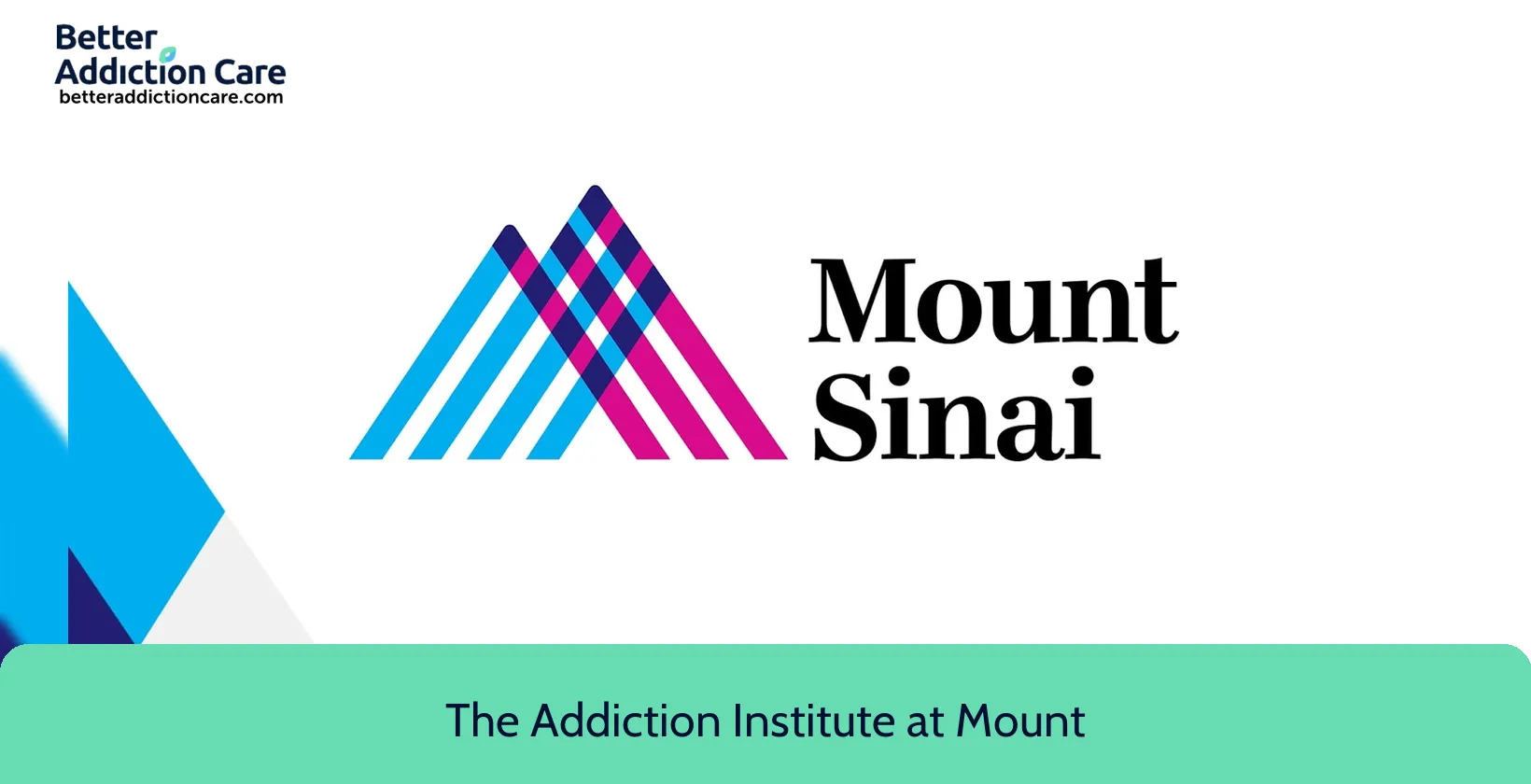
7.50
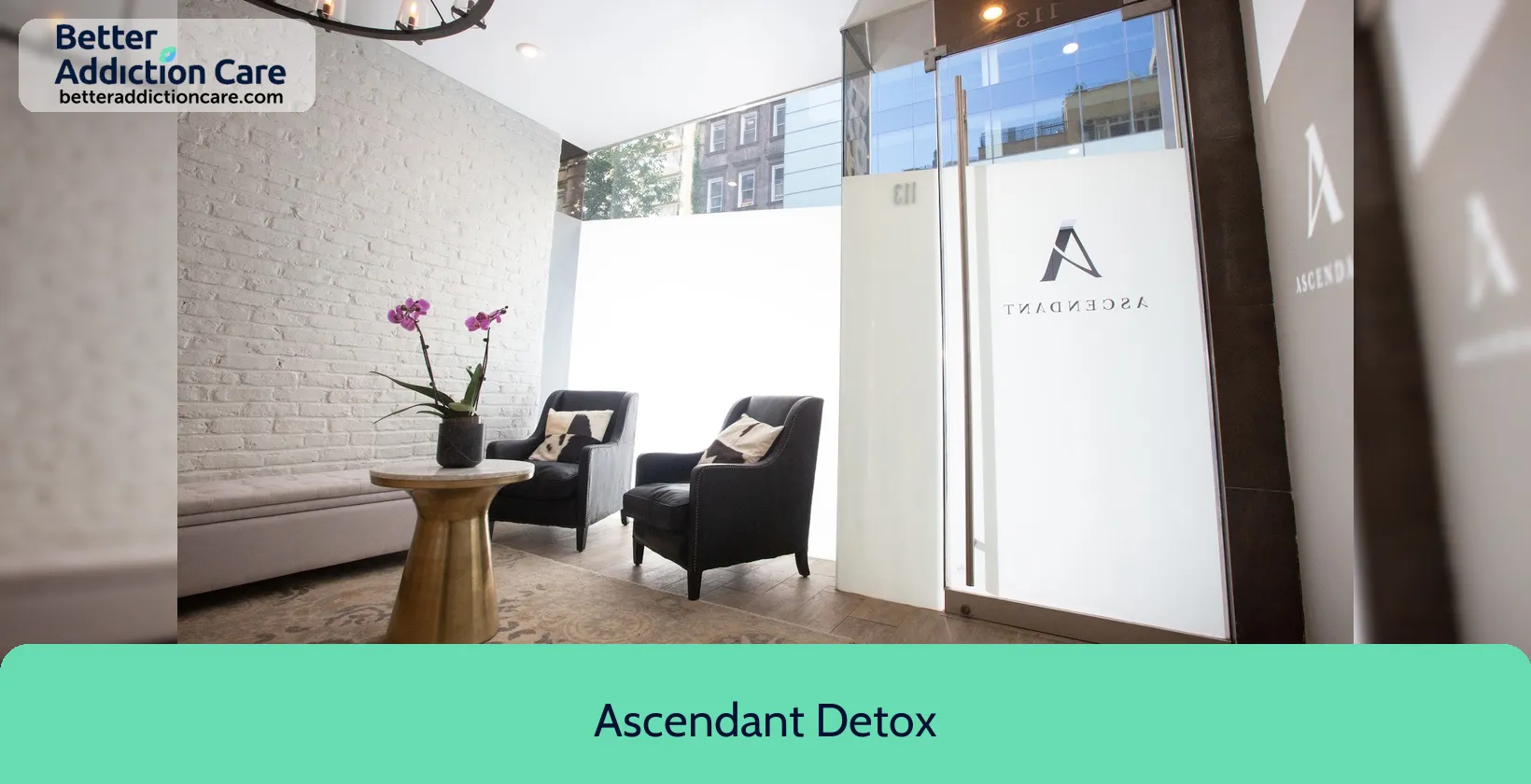
7.52
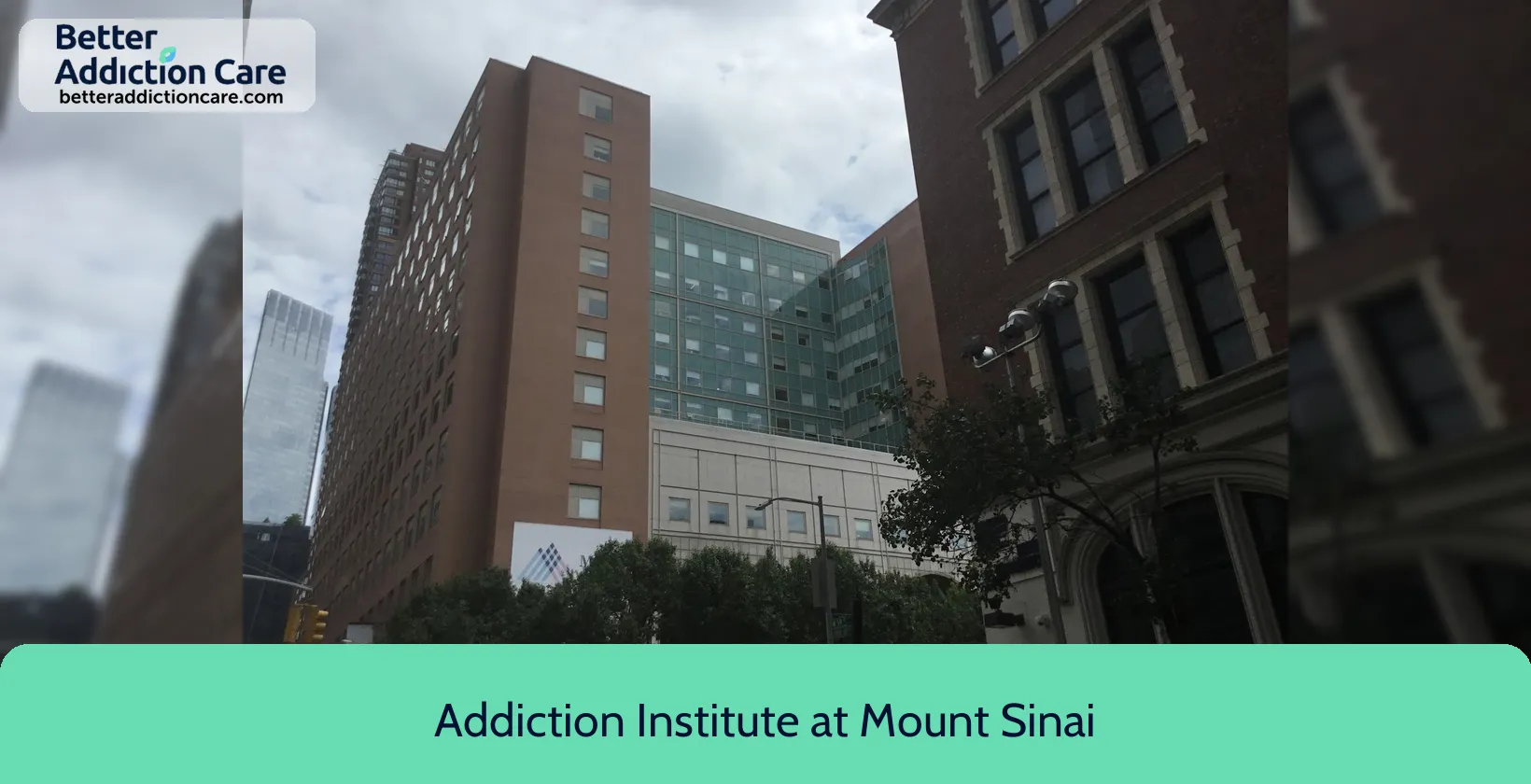
7.28
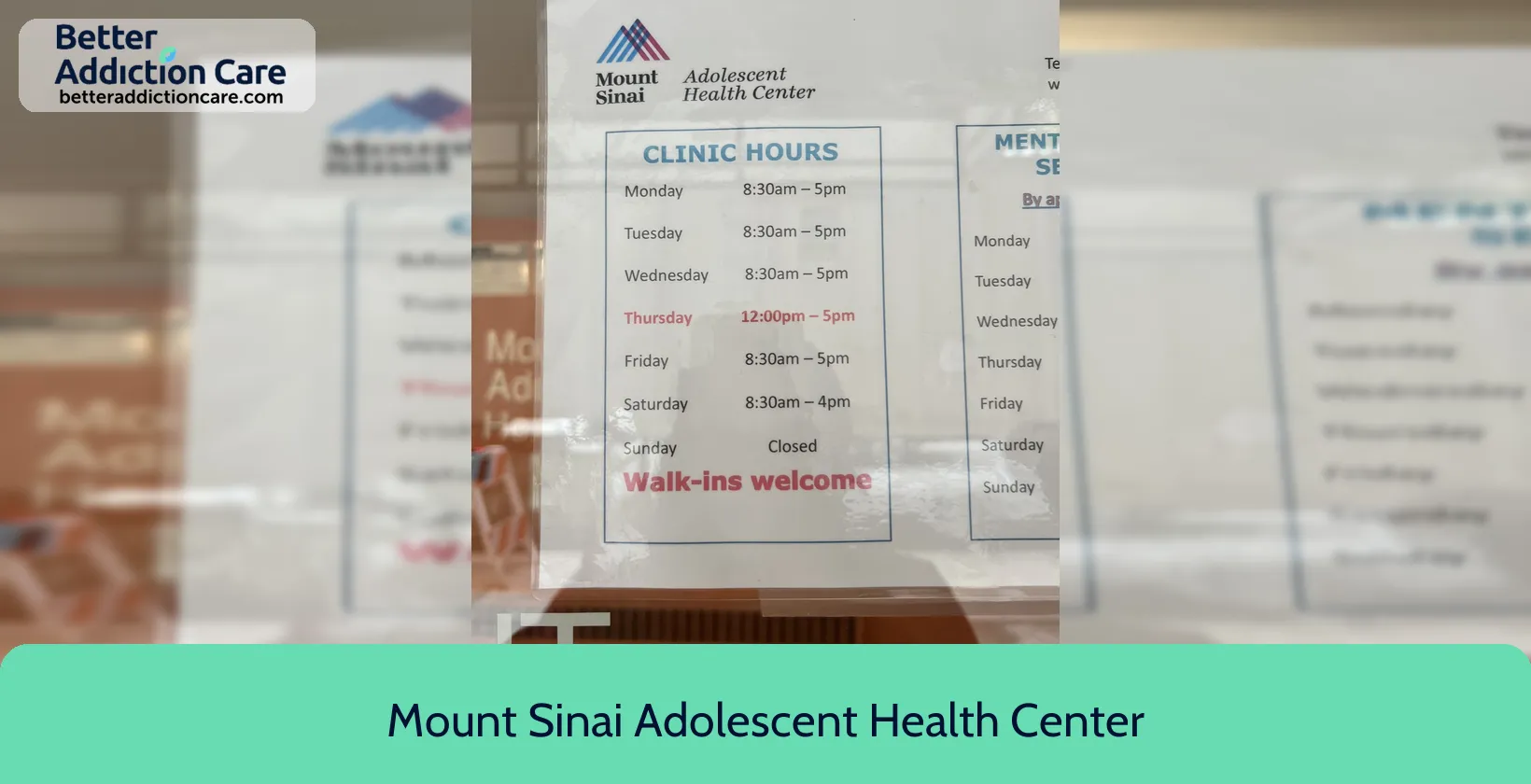
6.93
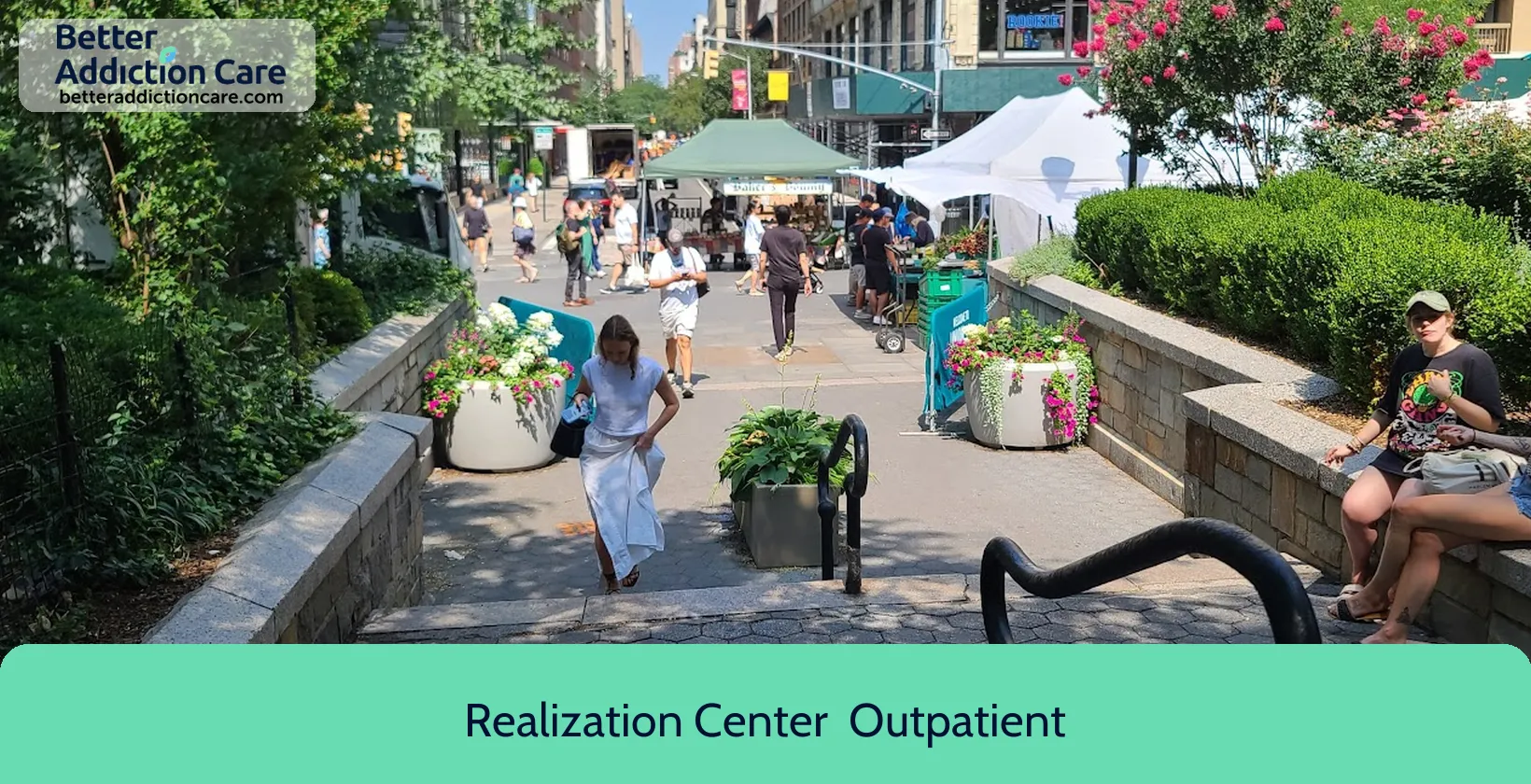
7.48
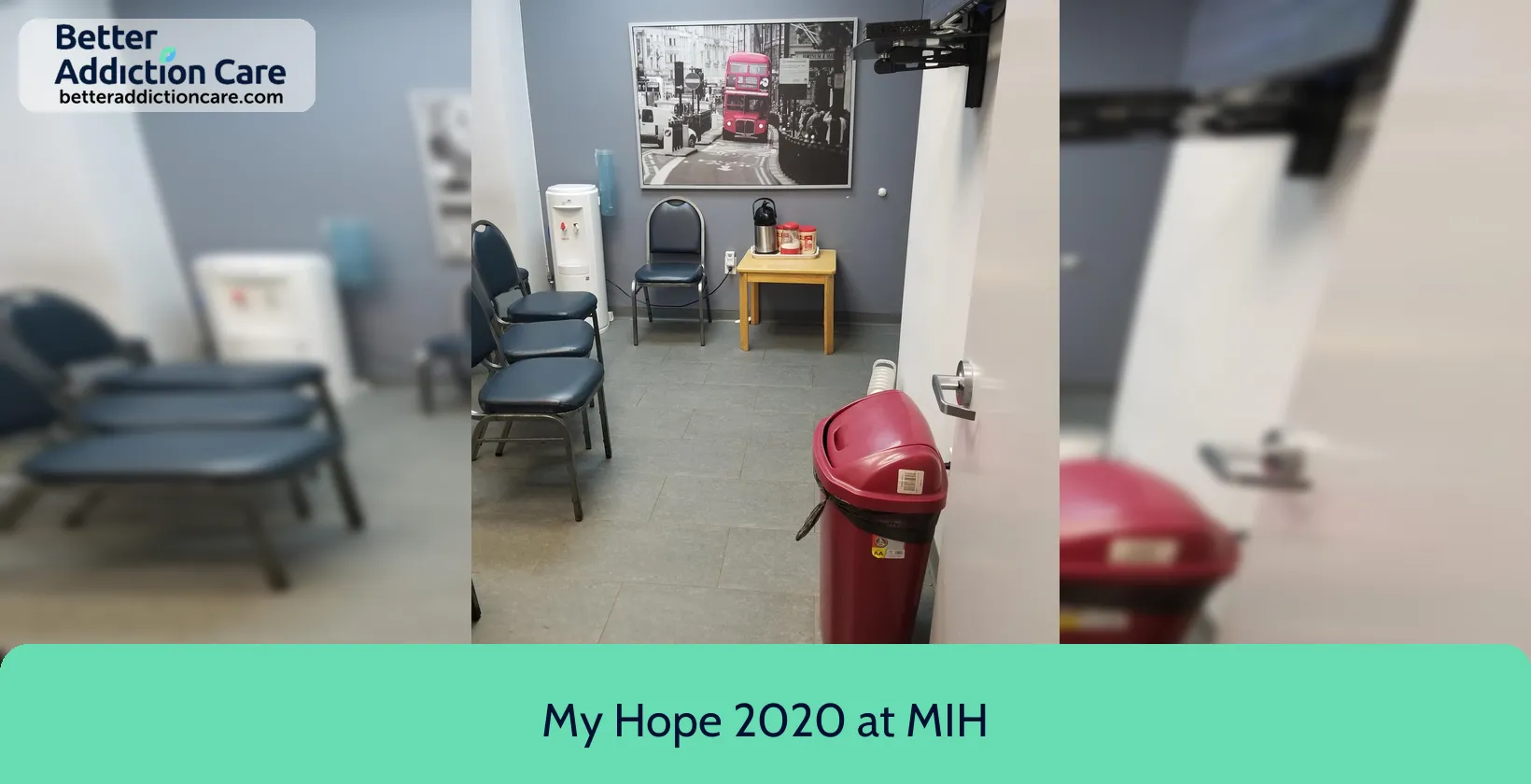
7.40
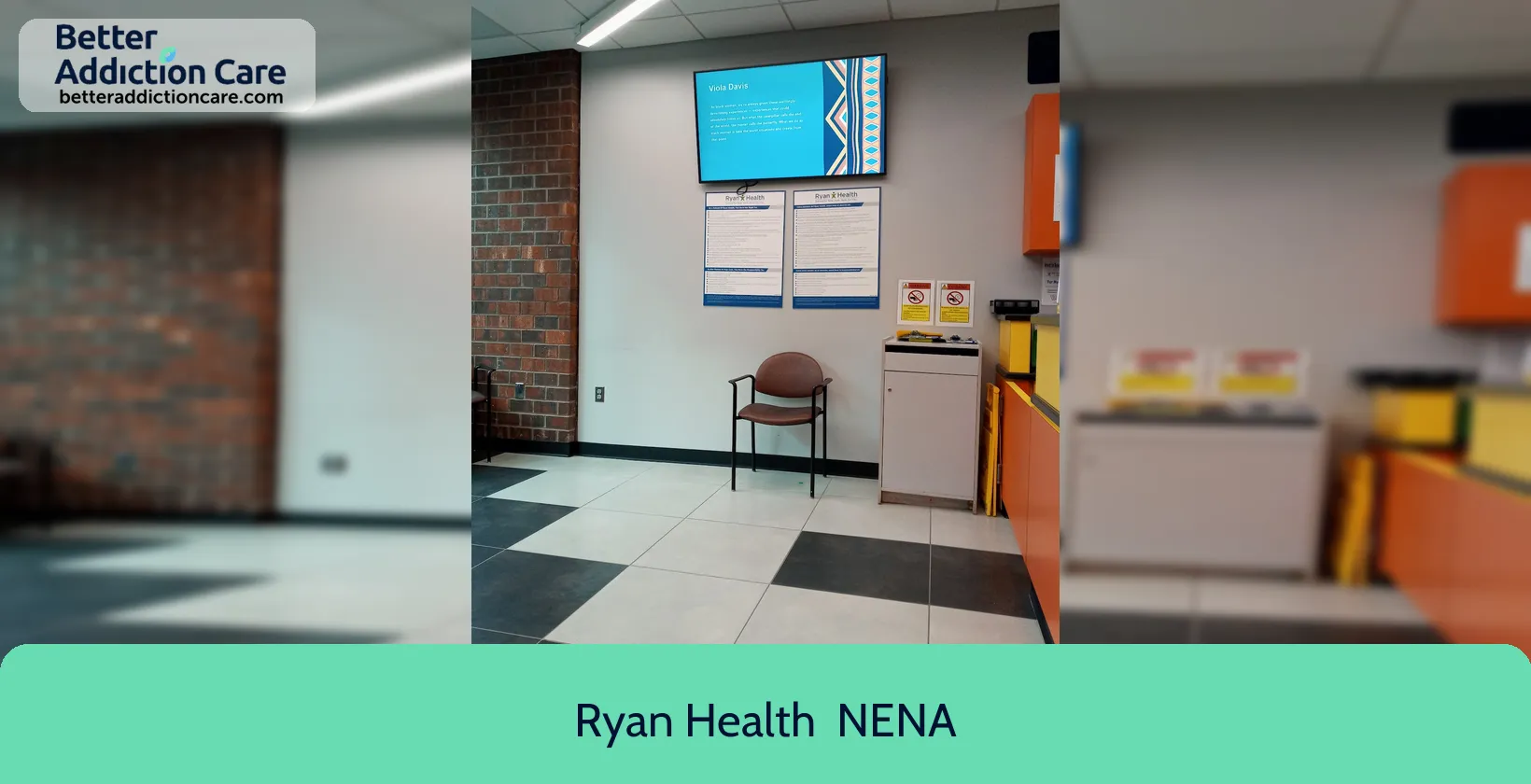
6.68

7.34
DISCLAIMER: The facility name, logo and brand are the property and registered trademarks of Lafayette Medical Approach, and are being used for identification and informational purposes only. Use of these names, logos and brands shall not imply endorsement. BetterAddictionCare.com is not affiliated with or sponsored by Lafayette Medical Approach.
